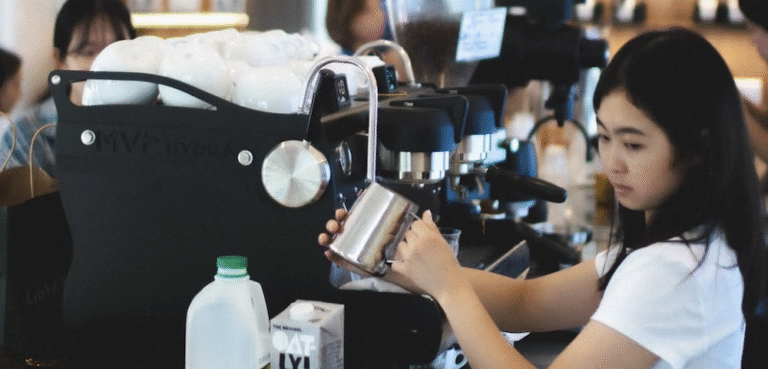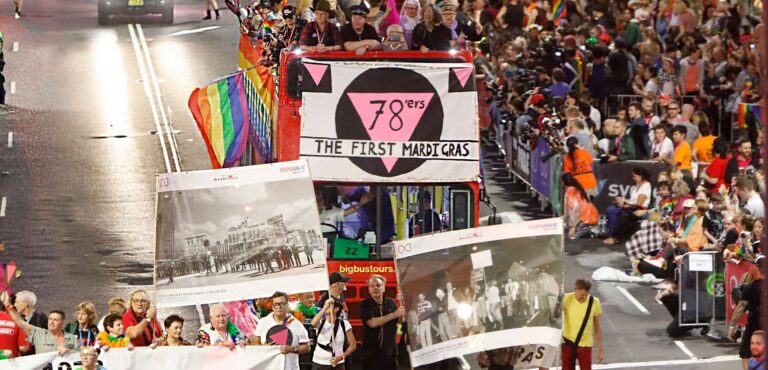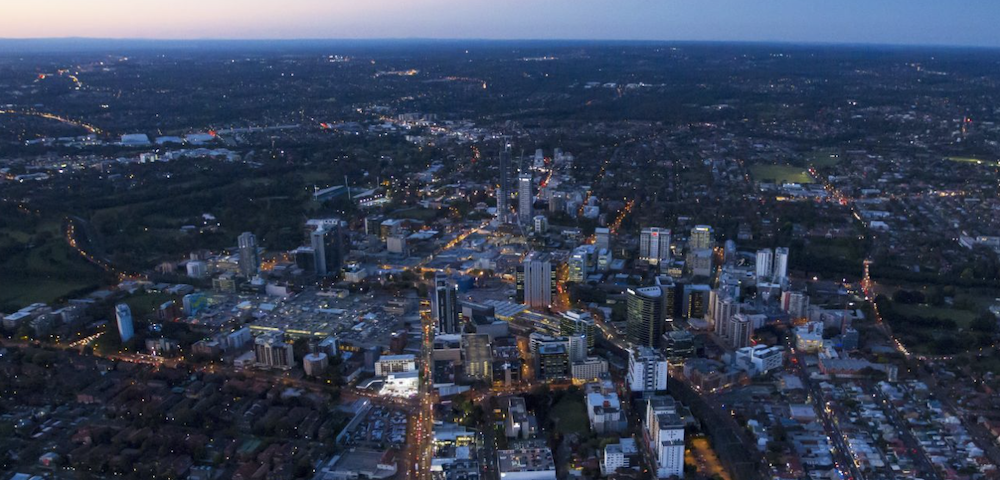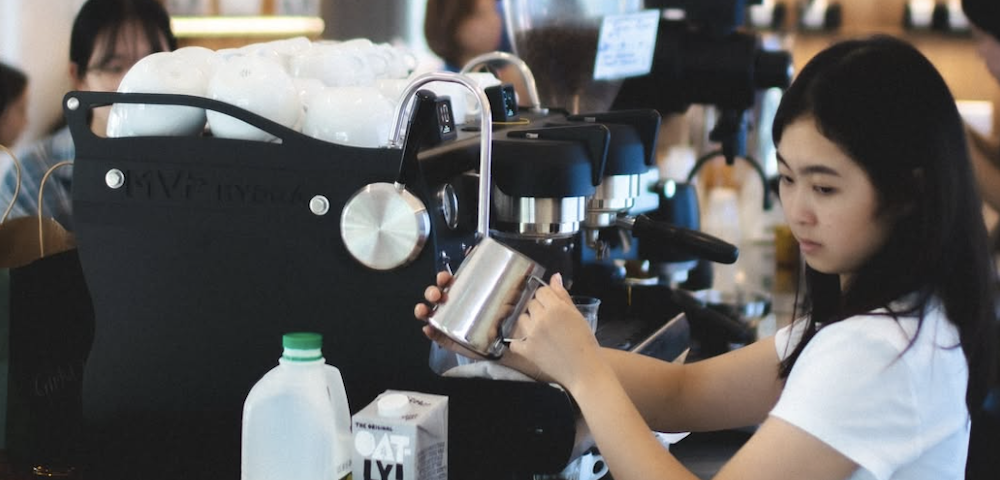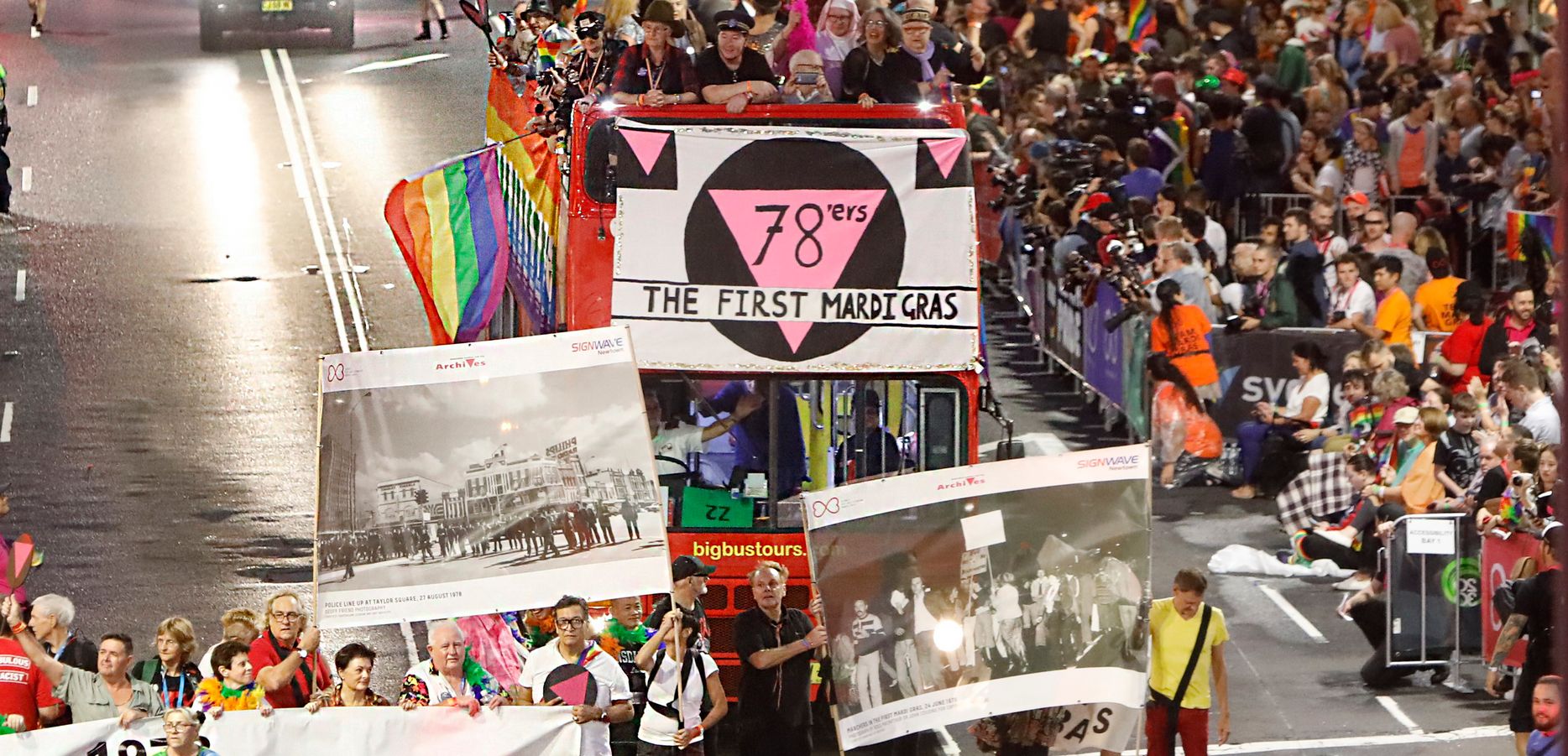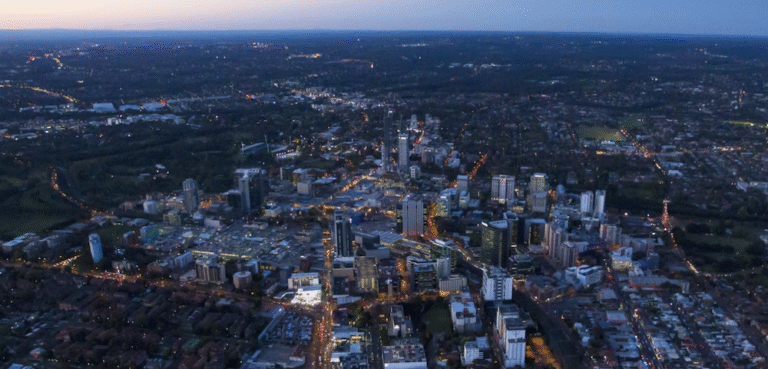
Inner West Council leading the way in food recycling
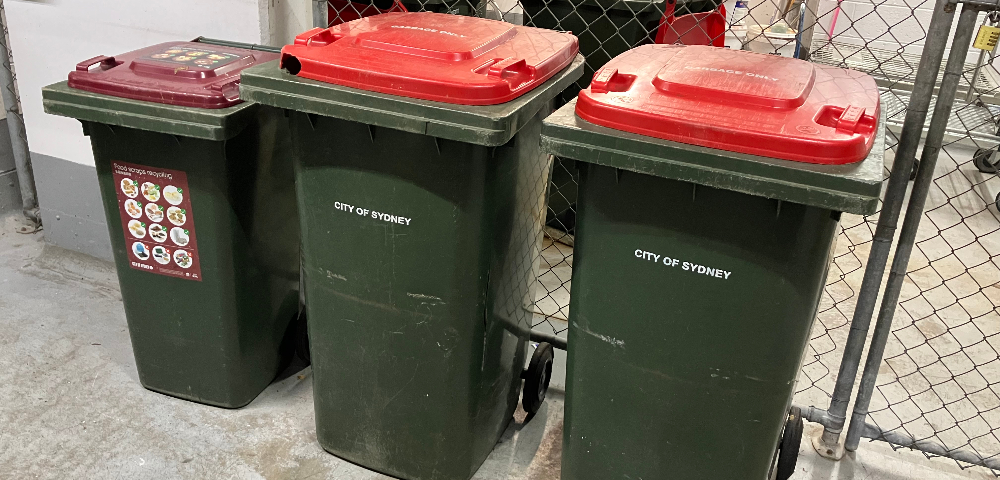
By ROBBIE MASON
From October 9, all Inner West residents will be able to recycle food scraps, in the process saving ratepayers in the local government area (LGA) $370,000 in total landfill costs and reducing household carbon footprints.
Inner West residents living in apartments already have access to food recycling via an additional bin but the announcement brings houses and terraces into the fold, representing a step towards universal food recycling in the LGA.
Food waste is a serious environmental threat. When food waste rots at landfill, it releases potent methane which contributes to global greenhouse gas emissions. The carbon emissions saved by diverting food scraps from landfill across the LGA will be equivalent to taking 8,360 cars off the road for an entire year, Inner West Council estimates.
The average Australian household throws out over 4 kilograms of food waste per week. One last survey last year revealed that Australians dispose of enough food every year to fill the Melbourne Cricket Ground ten times over.
A 2021 state government edict, the Waste and Sustainable Materials Strategy, ruled that councils must introduce food organics and garden organics (FOGO) bins by 2030, although most Sydney council are struggling to implement the change. Inner West Council is one of the first councils in the state to introduce FOGO collection.
From early October, Inner West locals can place leftover food alongside garden waste in green bins.
Labeling food recycling a “necessary reform”, Inner West Mayor Darcy Byrne said the initiative will provide the region with a substantial environmental and financial boost.
“Diverting food and garden organics from landfill is the single biggest thing we can do as a community to reduce our carbon footprint and combat climate change,” Bryne said.
“We know that changing the way we dispose of waste will be a challenge at first and we are ready to work with and support our community to make this improvement.”
Following the best-practice advice of the Environmental Protection Agency, Inner West Council is changing its rubbish collection schedule. Garbage services will soon begin to collect (general waste) red bins fortnightly, rather than weekly. Green bins will be emptied weekly.
Based on current assessments of garbage bin contents, the local council estimates that red lid garbage bins in the area will be, on average, 80 percent full every fortnight, provided residents recycle food in green lid bins.
As it stands, the average Inner West bin is made up of 37 percent food, 3 percent garden materials and 10 percent recycling.
Inner West Council will provide assistance to residents during the changeover period. Upon request, the council will deliver a larger 240 litre red lid bin for free. A newly-formed Waste Busters team will also conduct home visits and provided advice and assistance to concerned locals struggling to shrink their level of red bin waste.
